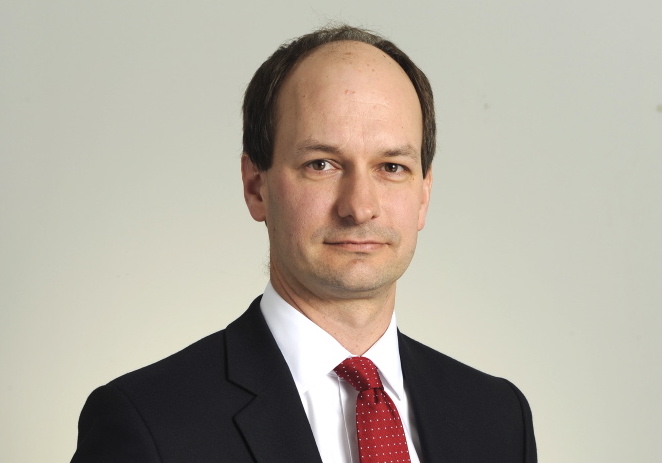The Independent Healthcare Providers Network (IHPN) has hit back at the Labour Party’s pledge to end private sector involvement in the NHS.
In its manifesto, published today, Labour said its ‘urgent priority is to end NHS privatisation’ by ensuring services are delivered in-house and that subsidiary companies are brought back under the auspices of the NHS.
But IHPN CEO David Hare said the proposals were deeply misguided and would significantly undermine NHS patients’ ability to get the care they need.
‘The reality is that the NHS has always been a blend of public and private sector provision and the independent sector plays a key role in delivering high quality, efficient, universal and free at the point of use care to NHS patients,’ said Hare.
Under the current leadership, Labour has reversed its stance on private sector involvement in the NHS, insisting that money spent on outsourcing means less spent on patient care.
According to the latest figures from LaingBuisson, NHS spending on independent sector acute medical services has already been contracting as continued pressure on NHS finances prompt commissioners to restrict access and bring services in-house. Following significant growth throughout much of the last 15 years, it fell by 2.1% in 2017 and 1.1% last year in real terms to reach an estimated £5.8bn in calendar 2018.
‘Rather than improve patients’ access to care, removing the independent sector from NHS service delivery would dramatically lengthen waiting times and add millions to NHS waiting lists. For planned care, where over four million patients are waiting for treatment today, the NHS would need to build the equivalent of 42 extra hospitals just to stand still, a complete waste of taxpayers’ money,’ said Hare.
The Labour Party manifesto also promises to repeal the Health and Social Care Act, reinstate the responsibilities of the Secretary of State to provide a comprehensive and universal healthcare system, and end of the requirements for health authorities to put services out to competitive tender.
However, some these proposals already form current government policy under the NHS Long-Term Plan, which set out proposals to repeal section 75 of the Health and Social Care Act and take healthcare services outside the ambit of the Public Contract Regulations 2015, which obliges commissioners to run a fair and transparent process for contracts valued in excess of €750,000 a year.
The NHS is a key battleground in the upcoming General Election. To date, the Liberal Democrats have pledged to ring fence £7bn a year for the NHS and social care services, with urgent investment in the workforce and mental health. It also plans to commission the development of a dedicated progressive health and care tax and establish a cross party convention on the long-term sustainable funding of a joined-up system of health and social care.
Meanwhile, the Conservative Party has reiterated its current spending pledges alongside promises of £2.7bn for six new hospitals and £850m for 20 hospital upgrades.
‘Whoever forms the next government must put aside the misplaced politics of NHS ‘privatisation’ and focus on what really matters to patients and taxpayers which is an efficient and highly performing healthcare service free at the point of use,’ said Hare.








 ©2024 All rights reserved LaingBuisson
©2024 All rights reserved LaingBuisson 


